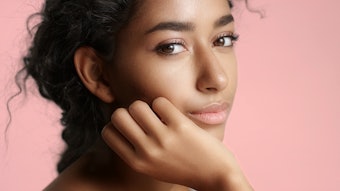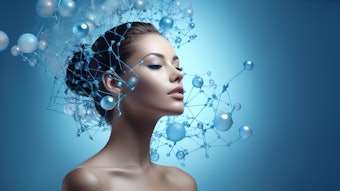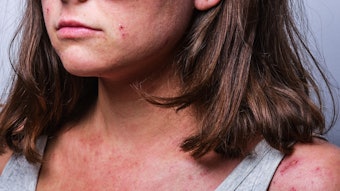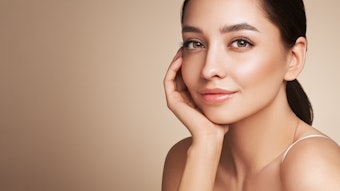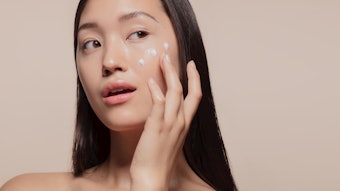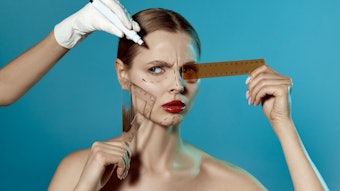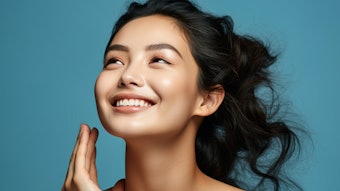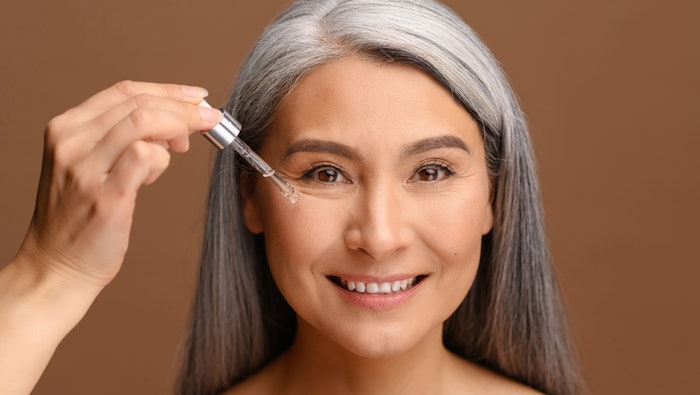
Aging is an irreversible and inevitable process that many consumers go above and beyond to try and slow down. Researchers Marta Evangelista et. al, found that psychological morbidity negatively impacts self-esteem, while marital status, professional status and aging perceptions contribute positively to self-esteem.
The cross-sectional study, published in the Journal Cosmetics (May 2022), analyzed the relationship between usage patterns of different types of anti-aging cosmetic products, sociodemographic variables, appearance schemes, psychological morbidity, perfectionism and aging perception of aging with self-esteem.
Related: BoNT A Treatments Improve Patient Social Behavior
A sample of 260 women, aged 25-64 years, who use anti-aging cosmetics or aesthetic treatments were assessed on psychological morbidity using the Hospital Anxiety and Depression Scale, appearance schemes using Appearance Schemas Inventory, perfectionism using the Frost Multidimensional Perfectionism Scale, aging perceptions using the Brief Aging Perceptions Questionnaire and self-esteem using the Rosenberg Self-Esteem Scale.
The researchers found a positive correlation between facial-firming cosmetics and self-esteem. The regression analysis revealed that psychological morbidity and perfectionism contributed negatively to self-esteem. Intervention programs to promote women's self-esteem should focus on the reduction of psychological morbidity and promote adaptive patterns of perfectionism while addressing aging perceptions.
Longitudinal studies might help explain the complex relationship between the use of anti-aging cosmetic products and psychological variables, particularly self-esteem in women.


